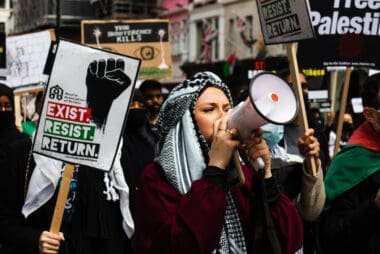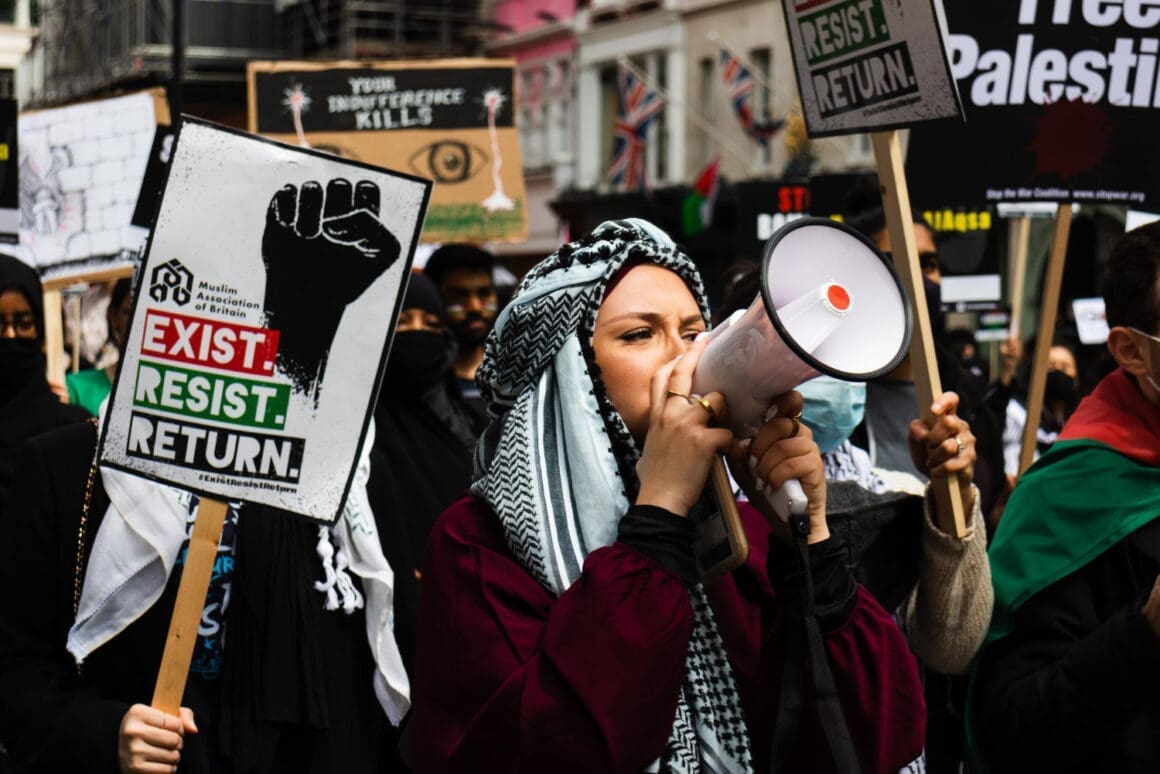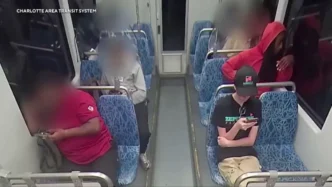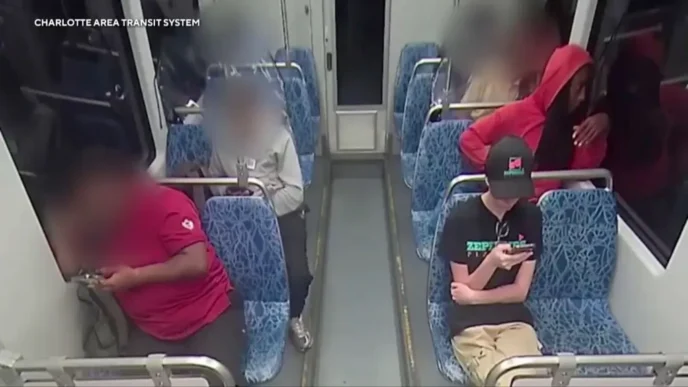An immigration judge in Louisiana is set to make a decision later this week on whether Mahmoud Khalil, a Columbia University activist, can continue to be detained by the government following his involvement in pro-Palestinian campus protests. During an immigration hearing held in Louisiana, the judge allowed the federal government until Wednesday to present evidence supporting Khalil’s deportation. Khalil, a 30-year-old legal U.S. resident, has been held in a remote detention facility in Louisiana for the past month. The judge stated that if the evidence does not justify his removal, the case will be terminated by Friday.
At the hearing, Khalil, dressed in a navy blue T-shirt over a beige sweatshirt, briefly requested that his wife be permitted to attend the proceedings virtually. The judge agreed, highlighting the unusual level of interest, with over 600 people seeking virtual access to the hearing. Khalil’s detainment on March 8 marked the beginning of a trend where foreign-born students face deportation by the Trump administration for participating in protests against Israel and the war in Gaza. He was detained by federal immigration authorities in the lobby of his Manhattan apartment and transferred overnight to an immigration detention center in Jena, Louisiana, far from his legal team and wife, who is due to give birth this month.
As Khalil’s case progresses in Louisiana, his lawyers have also contested his detention and potential deportation in New Jersey. A federal judge there recently denied the Trump administration’s request to transfer jurisdiction of the case to Louisiana but has not yet made a decision on Khalil’s release. The government aims to deport Khalil and other students under a seldom-invoked statute allowing the Secretary of State to expel noncitizens posing “potentially serious adverse foreign policy consequences for the United States.” Without providing evidence, they allege that Khalil’s involvement in anti-Israel protests equates to support for Hamas, the militant group governing Gaza that attacked Israel in October 2023.
While serving as a negotiator for student protesters at Columbia, Khalil was not arrested or accused of any crime and has consistently denied accusations of antisemitism. In a letter from jail, Khalil described his detention as a direct result of exercising his right to free speech, advocating for a free Palestine and an end to the genocide in Gaza.
Your World Now
- The case highlights the ongoing debate around free speech on campuses, potentially affecting students’ willingness to participate in political demonstrations.
- The decision could set a precedent for how noncitizen activists are treated, impacting immigration policy and the rights of foreign students in the U.S.
- The outcome might influence public perception and policy regarding U.S. foreign relations, especially concerning the Middle East.
- Khalil’s situation emphasizes the complexities faced by families separated due to legal and immigration issues, particularly during significant life events.
- This case underscores the broader implications of political activism and the risks involved when participating in controversial protests.














